Alpha Engineers
 |
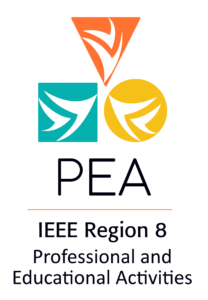 |
The Alpha Engineers Competition is an IEEE R8 Professional and Educational Activities programme addressed to the IEEE Region 8 Sections and sub-Sections only, that aims at organizing events for promoting engineering to the community via various means. The goals of the programme are to:
- Empower section volunteers to collaborate with their local pre-university community;
- Promote STEM, in particular engineering;
- Enhance the level of technical literacy of pre-university educators and pupils;
- Encourage pre-university students to pursue technical careers, including engineering;
- Increase the general level of technical literacy of pre-university students throughout their education;
- Change the views on engineering and accentuate the importance of engineering in the world.
The sessions/events can be delivered by IEEE volunteers or invited speakers (IEEE members or non-IEEE members). A set of activities are eligible for the Alpha Engineers competition. These are being further described in Alpha Engineers Competition handbook.
Eligible Activities
- Teacher In-Service Program (TISP) workshops.
- TISP 2.0
- Working with children training events for volunteers.
- Engineering talks for parents.
- Career talks for upper level pupils.
- Online talks for schools.
- Science Fairs Participation
Eligible Participants
IEEE Region 8 Sections and sub-Sections
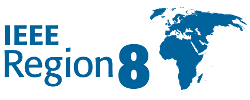
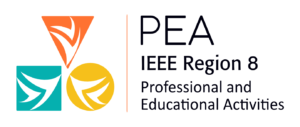
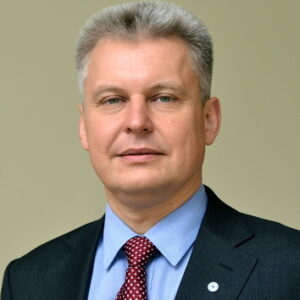
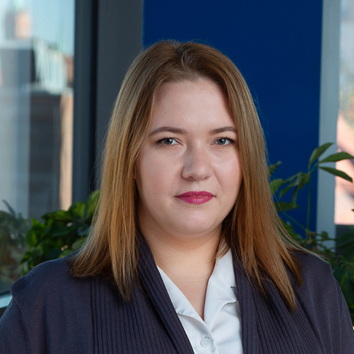
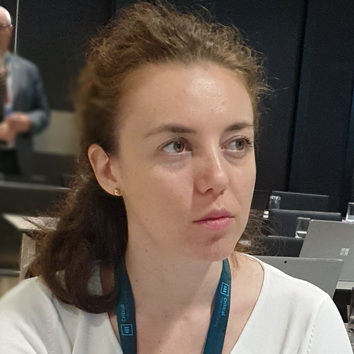
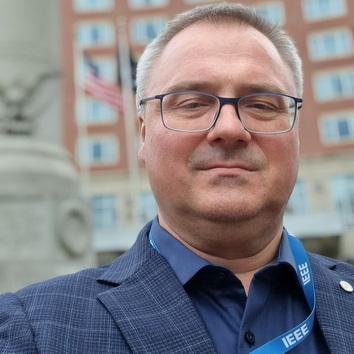
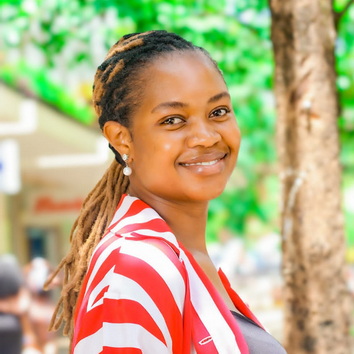
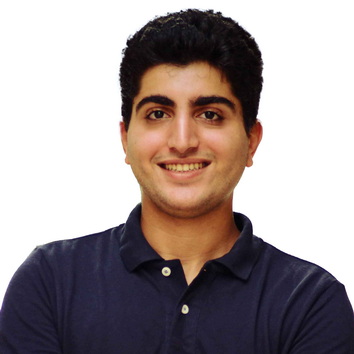
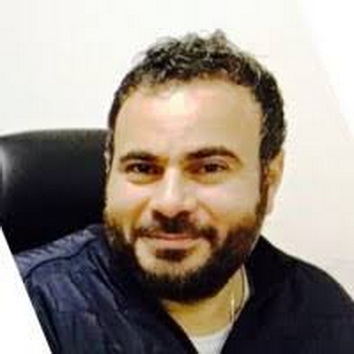
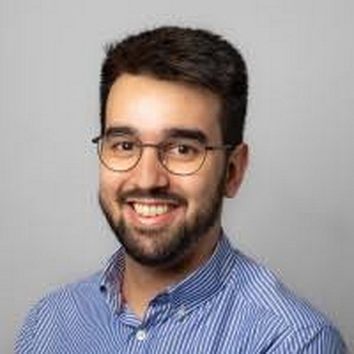
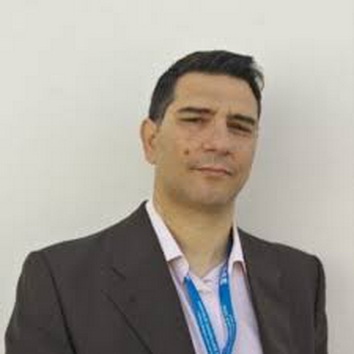
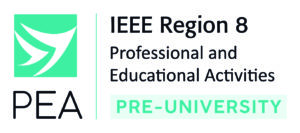
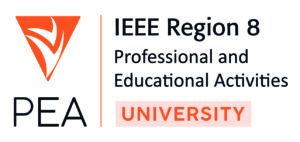
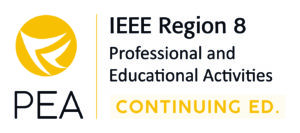


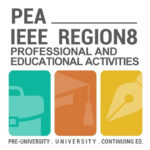
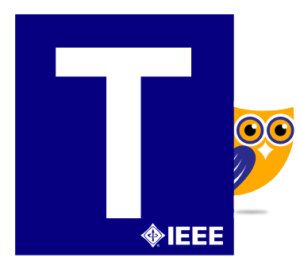





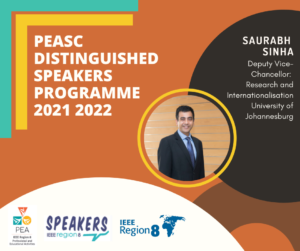


 Proposals on new educational programs are received, for each educational level (pre-university, university, continuing education). The proposal is evaluated by a judging committee and a Seed Funding Prize is given to the winner of each educational level.
Proposals on new educational programs are received, for each educational level (pre-university, university, continuing education). The proposal is evaluated by a judging committee and a Seed Funding Prize is given to the winner of each educational level.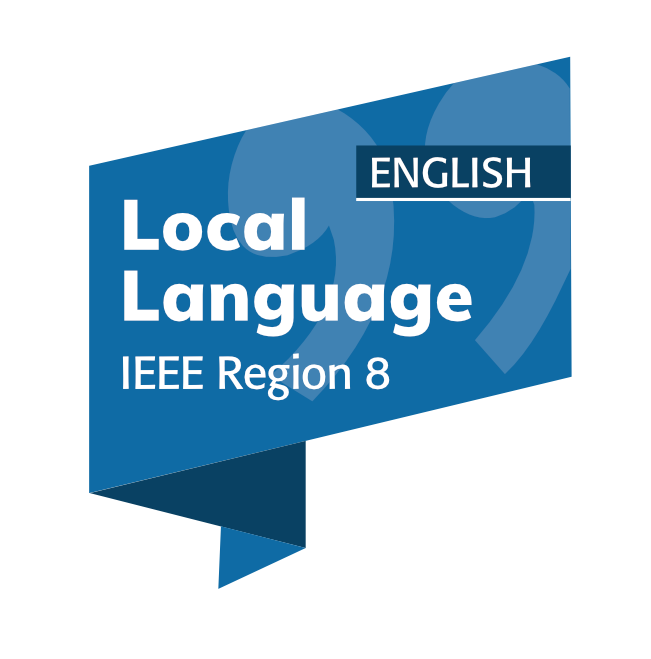
 The program requires sections to organize activities aimed at promoting engineering to pre-university pupils, teachers, and parents.
The program requires sections to organize activities aimed at promoting engineering to pre-university pupils, teachers, and parents. Sections are called to organize events that promote Entrepreneurship during Global Entrepreneurship Week (NOVEMBER 18–24, 2019) where talks will be given by CEOs and startuppers, informing participants how to run a business, followed by workshops and hands-on activities.
Sections are called to organize events that promote Entrepreneurship during Global Entrepreneurship Week (NOVEMBER 18–24, 2019) where talks will be given by CEOs and startuppers, informing participants how to run a business, followed by workshops and hands-on activities.